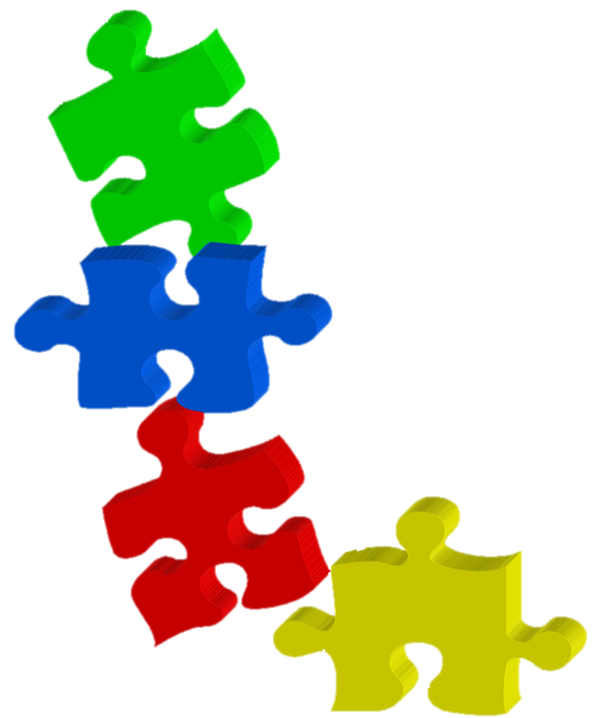Computing
Our intent:
By the time children leave at the end of Year 6, they will be able to participate and compete in the rapidly changing world where work and leisure activities are increasingly transformed by technology. They will be resilient, creative and critical digital citizens with the relevant skills, knowledge and vocabulary that is required to understand the core areas of computing; stretching themselves and persevering to become first-class citizens in tomorrow’s world.
South Enders will understand the advantages and disadvantages associated with online experiences; be responsible and confident users of technology; and aware of measures that can be taken to keep themselves and others safe online with a focus on respecting differences.
Our pupils will become digitally literate – able to use, express themselves and develop their ideas through information and communication technology, reaching across the broader curriculum.
Please click here for the Computing long term overview.
Our way:
At South End Junior – in our hourly, weekly sessions – we integrate learning with the iCompute scheme (which is designed for mastery and fully supports the National Curriculum) and link it to our current project. Each lesson starts with an activity to help children retrieve prior knowledge, vocabulary and key terms.
Our computing curriculum is progressive, and children learn through different topics throughout the year. These include, iProgram, iApp, iSafe and iAlgorithm. We also encourage children to use their digital literacy skills across the curriculum – especially word processing. At SEJ, children will re-visit strands on Online Safety, Computing Systems and Networks, Programming, Creating Media and Data and Information: drawing on resources from Teach Computing.
We work on:
- Understanding how computers work and how we communicate with them to complete everyday tasks. The children will have to create algorithms, make predictions, debug and even decompose. Children will also be given the chance to explore what the internet really is. Looking at how it works and how information is sent from one place to another.
- Exploring a variety of programs to complete a range of tasks. Information technology is about challenging the children to select the right program to complete the task and show they can collect, display and share information.
- Looking at how technology is used in the real world and how it enables collaboration and communication. It also looks at how technology is used safely, respectively and responsibly. Children will be able to identify acceptable/unacceptable behaviour and the right ways to report concerns.
Being safe online is of paramount importance to South Enders. As a result, we also incorporate Be Internet Legends into our computing lessons every term. Every year, one term is also solely dedicated to Online Safety Learning. We aim to empower our pupils to use the web safely and wisely, so they can be confident explorers of the ever-changing online world.
Children have a right to enjoy childhood online, to access safe online spaces and to benefit from all the opportunities that a connected world can bring them, appropriate to their age and stage. Online safety and responsible use of technology are topics covered in Computing and PSHE lessons, assemblies and during events such as Safer Internet Day. All children are provided with Microsoft Teams accounts and work can be accessed in school and remotely.
Our Computing Committee is also vital to our learning. We aim to develop these young leaders so that they are able to help support others in computing lessons; lead assemblies on online safety; look after our equipment; and help organise Safer Internet Day. We also work closely with JAMcoding to provide after-school clubs and workshops to our families.
Children record their weekly lessons via PowerPoint slides set on TEAMS. Children have the opportunity to type what they have learnt and use key vocabulary taught; take screenshots of their work; and make annotations.
Within Computing, we encourage a creative and collaborative environment in which pupils can learn to express and challenge themselves. Children are assessed summatively 3 times a year and the success of the curriculum itself is assessed via the analysis of yearly progress data, lesson observations and skills audits. Pupil participation and use of key vocabulary in both assemblies and additional discussions around Online Safety, including Safer Internet Day, Computing lessons and pupils’ attitudes and behaviours in all lessons and beyond the classroom is also considered.



